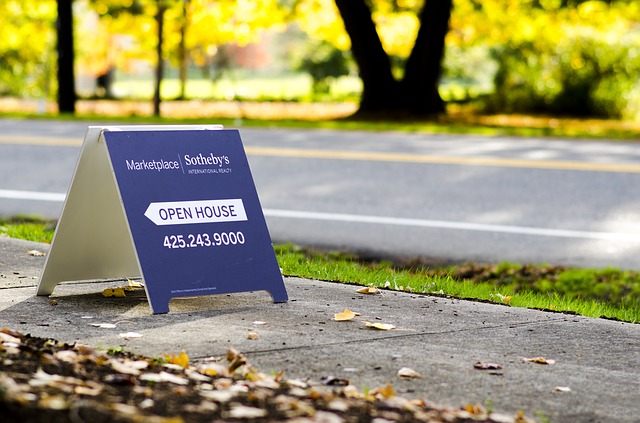
A real estate purchase is a big deal for most people, exciting but stressful. It is possible to mitigate the stress, however, by arming yourself with knowledge. The following advice should arm you with the information you need to make purchasing a home an experience that is more positive.
When negotiating with a seller, make a reasonable offer. Many times people are too aggressive because they are trying to get the best price, and they end up losing out entirely. Simply state your preferences and then let the lawyer and the Realtor handle the negotiations as their job descriptions require!
Try to think about the long term when you are buying a new home. If you are planning on having kids, make sure that you purchase a home that has a good school nearby.
Reduced prices usually go together with lots of repairs and updates. This will enable you to put any extra money in the bank, and use it to improve the house in your own time. In addition to customizing the home to your tastes, you are creating valuable equity each time you make an improvement. Don’t allow the minor repairs to overshadow the potential the house may have. The home of your dreams might be waiting for you behind an outwardly rough exterior.
See if your real estate agent has a home-buying checklist. There are many Realtors that have a checklist like this already prepared. It covers the entire home-buying process, from choosing a house to getting a loan. This helps you set up a timeline for buying that house so that everything is squared away when it is time to close the sale.
Closing Costs
Set aside a fund for unexpected expenses linked to the new property. The closing costs are usually calculated by adding the prorated taxes, bank points and down payment. Closing costs of a home can have extra things included like school taxes or improvement bonds!
Try to get a checklist from your Realtor. A good Realtor will be able to give you a list that covers the different steps of a transaction, from finding a home to getting approved for your mortgage. These checklists can keep the process on track and make sure everything is taken care of.
Make an offer only after researching the comparable home sales in the area, the condition of the home and how long the house has been on the market. If you haggle with the seller a bit, you can probably come to a selling price that makes you both happy.
Before choosing a neighborhood to settle down in, check the national data base for sex offenders living in that area. Do your own research on finding sex offender data around the area of your new home. Don’t expect a real estate agent to volunteer that information, especially if the area might not end up being the safest to live in. Do your own research!
Take note that most foreclosed homes need repairs, so if you come across one keep that in mind. This is because these houses generally sit unattended for a while before they are put up for sale, and this means that there has been no regular looking after and care. Many foreclosed homes need a brand new HVAC system, and can have pests that need to be taken care of.
When purchasing a property, always have extra money on hand for unforeseen costs. Closing costs are generally calculated based on the down payment, interest rates the bank charges, and real estate taxes that have been pro-rated. Most of the time, closing costs also include improvement bonds, school taxes and other considerations.
Utilizing the above tips will help make buying a home a piece of cake. Half the battle is knowing what you can expect.
Sorry, the comment form is closed at this time.